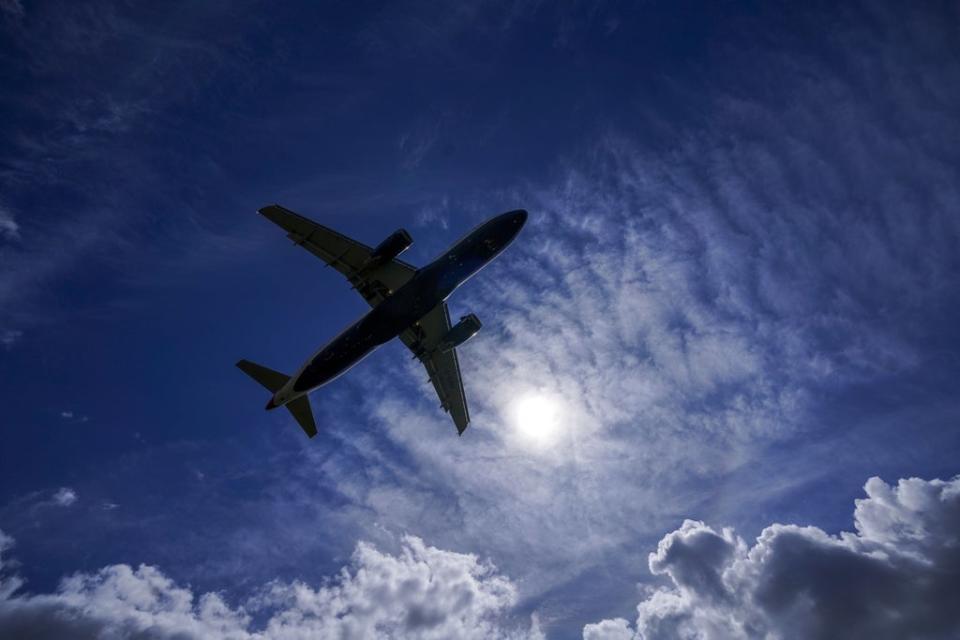Households spend £109 less per week during lockdown

People on higher incomes cut their spending by much more during the pandemic than those who made less money, new data show.
Households slashed spending by around £109.10 a week, or just under 19%, as they spent less on international travel and going to restaurants or pubs.
The lockdowns forced people to stay in their homes, and while spending on food and non-alcoholic drinks rose during the pandemic, there were major spending drops elsewhere.
Weekly household spending fell by more than £100 on average during the #COVID19 pandemic.
Data for the year to March 2021 highlight the impact of the pandemic on household finances and living standards https://t.co/yFSmgeavxL pic.twitter.com/B2Egle2j9r— Office for National Statistics (ONS) (@ONS) September 13, 2021
Data from the Office for National Statistics (ONS) showed that those households on the lowest 20% of incomes spent 12.5% less.
For those in the top 40% of incomes, however, spending dropped by nearly 21%, saving the top 20% an average of £193.10 per week.
Lower income households were less likely to hold jobs that could be done from home during the pandemic.
This meant they were over-represented among those who were put on furlough, which meant their incomes dropped.
The furlough scheme guaranteed that staff would get up to 80% of their salaries covered by the Government Employers could top this up with extra pay if they chose.
Taking both the changes to spending and income into account, higher income households saw a larger spending drop relative to their income than those on lower incomes.
This provided them with greater opportunity to save or ease financial pressures https://t.co/NEkrzVsdEf pic.twitter.com/7l0oXr82gS— Office for National Statistics (ONS) (@ONS) September 13, 2021
The report found that 42% of the poorest fifth of households reported a drop in income, compared to 31% among the richest fifth.
Despite this, these were the households that did not cut costs to the same extent as a larger proportion of their incomes are spent on food and travel.
However, the ONS found that the proportion of people who reported that they struggled to make ends meet fell from 34% in the year to March 2020 to 28% in the year ending March 2021.
Before the pandemic, higher-income households tended to spend more on things that were put out of reach by lockdowns such as travel and eating out.
Spending on food and non-alcoholic drinks rose during the pandemic, from 15% to 18% of spending for lower-income households and from 8% to 12% for the richest fifth.

 Yahoo Finance
Yahoo Finance 